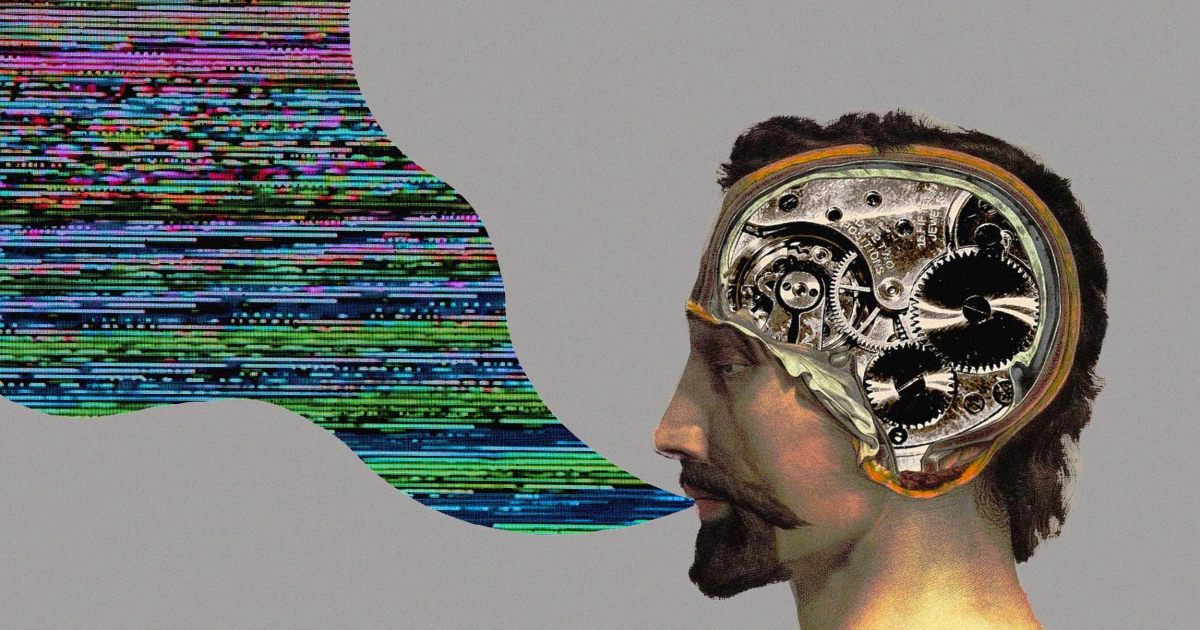By Penny Theodorakopoulou,
Philosophers, theologians, and scientists have debated whether we have free will or if everything is predetermined for millennia. Some contend, that every choice and action we make is predetermined, while others contend that we have the freedom to make decisions that are not influenced by outside forces. We will look at both arguments in this article and weigh the philosophical ramifications of each.
Determinism
The premise behind the determinism defense is that all occurrences, including human behavior, are the inevitable outcomes of earlier causes and circumstances. Or to put it another way, everything that occurs is the outcome of a series of causes and consequences that started at the beginning of time. According to this viewpoint, the causal sequence of events that happened before we predetermined our actions, hence they are not completely free.
The ancient Greek philosopher Democritus was one of determinism’s most prominent and early proponents. Democritus held the view that everything in the cosmos was composed of indivisible, small, and constantly moving objects known as atoms. He claimed that since the movement of these atoms was preset, everything else in the cosmos was also predetermined.
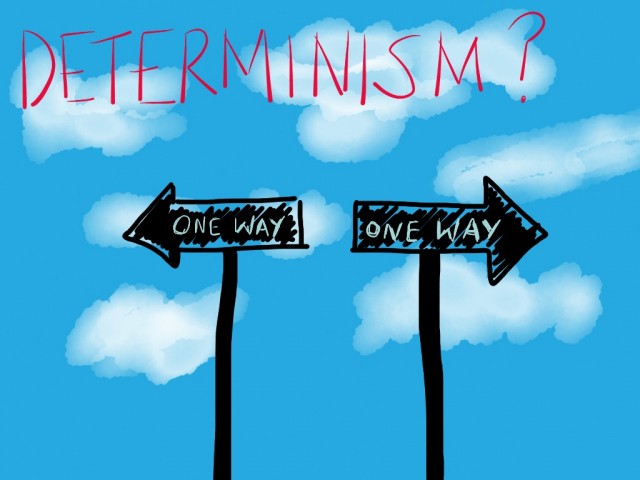
The French philosopher Pierre-Simon Laplace was another significant figure in the development of determinism. Laplace thought that, by using the rules of physics, one could accurately foretell the future. He asserted that the principles of physics might be used to accurately forecast the future provided one, knew the precise location and velocity of every particle in the cosmos at any one time. All that occurs is predetermined by the rules of physics from this angle.
The idea of causal determinism is one of the strongest arguments against the existence of the free will. According to the theory of causal determinism, every event is the consequence of a series of causes and effects that started with the universe’s initial cause. Based on this viewpoint, our decisions and behaviors are not completely free, because of the causal sequence of events that came before they predestined them. This point of view contends that, even though we may think we are making decisions, in reality, they are only the outcome of external factors over which we have no influence.
Defeatism and Aspiration
In order to answer the question that rises from this article, we need to alter the question a bit and be more specific; changing the parameters, to be precise. So, instead of answering whether we have free will or everything is predetermined, a new question arises and we have the following one: is an idea of free will or determinism more or less relevant to me? Depending on one’s answer, there are two psychological qualities: defeatism and aspiration.
In a “negative” frame of mind known as defeatism, a person believes they are unfit or undeserving of succeeding in their endeavors. Usually, it is marked by a sense of helplessness and self-pity. There are those who get dejected as children. Everything in their lives is determined by external factors such as other people, their school, the government, the media, etc. but for themselves.

When a person has a goal they are working toward and feels like their body and mind are cooperating to help them reach that goal, they are in an aspirational state of mind. It is the sensation of being just before something significant. According to studies, people who have ambitions are more likely to achieve the goals they set for themselves.
On the other hand, free-will thinking has significant drawbacks. Some people have gone too far and believe that by just thinking about something, they can make it happen. However, that might work 90% of the time, but there are instances when things won’t work out, and this might cause resentment or bitterness. If they do not like something in their lives, they only have to modify the way they think about it.
Free Will
The philosophical idea of free will refers to a person’s capacity to make decisions that are uninfluenced by other circumstances. Throughout ancient times, people have disagreed about the concept of free will. While some contend that everything happens for a reason, others maintain that people have free will. Free will has long been a crucial topic in psychology, philosophy, and religion.
Aristotle is frequently cited as the first person to discuss free will since he thought that people are capable of making decisions that are not predestined. Nonetheless, numerous other philosophers throughout history have spoken about the idea of free will. Immanuel Kant, a German philosopher, was one of the most well-known free-will theorists. He claimed that moral responsibility requires free will. He thought that because people have the ability to choose between right and bad, they are accountable for their acts.
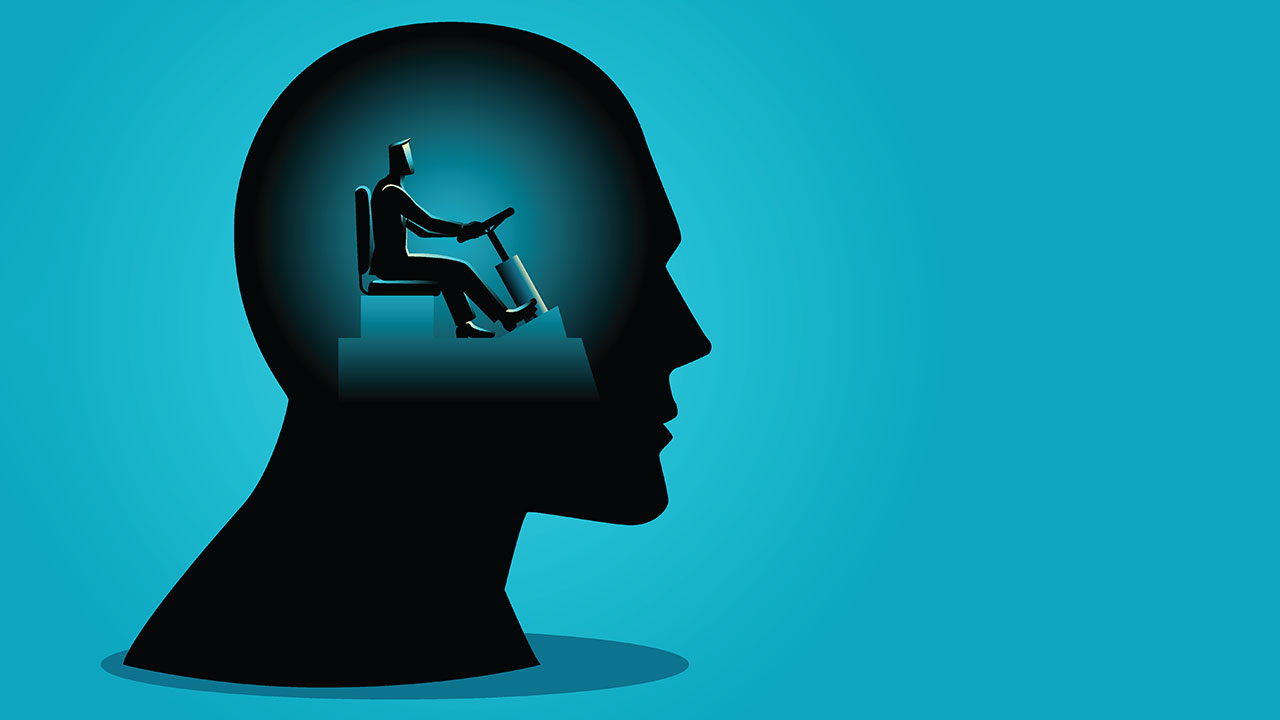
Is free will an illusion?
As we mentioned above, according to free will, hypothesis, people are capable of making their own decisions and choices; and according to determinism, all occurrences, including human behavior, are ultimately determined by earlier causes. Determinists contend that because every action is predetermined by earlier factors including genetics, environment, and upbringing, free will is a myth. They contend that, despite our belief that we are making decisions, those decisions are already established by past experiences. On the other hand, advocates of free will contend that people have the capacity for independent decision-making and are not constrained by determinism. They claim that we are capable of making decisions that are not influenced by external factors and that conscious thought and free will combine to produce our behavior.
There is still debate among philosophers over the validity of the idea that free will is an illusion. While some contend that humans possess both free will and determinism and that the two are not mutually incompatible, others contend that free will is an essential aspect of human nature that cannot be disregarded as an illusion.
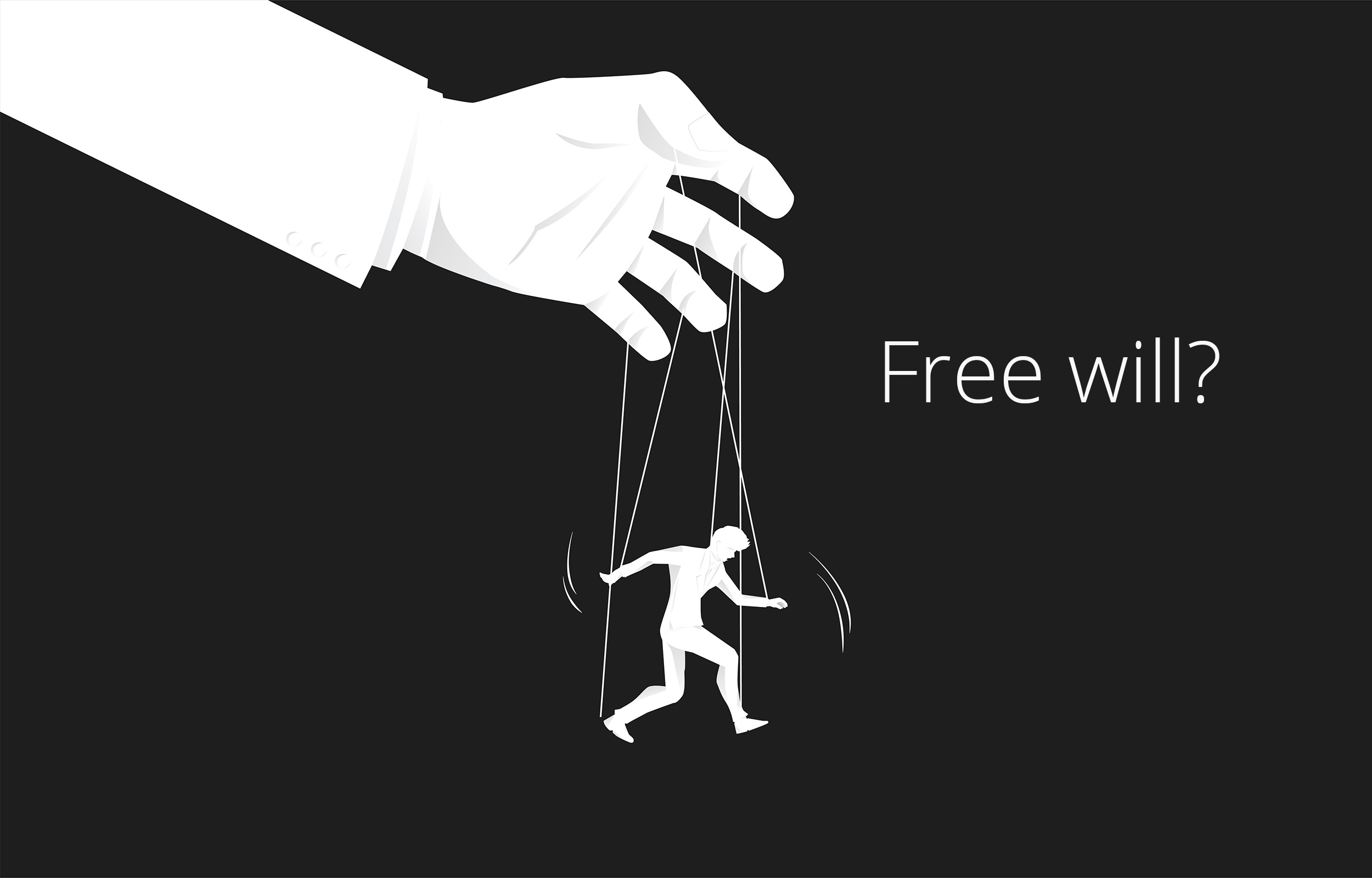
Some philosophers have contended that free will is a myth and that everything happens for a reason. The French philosopher Jean-Paul Sartre, one of the most well-known proponents of this viewpoint, held that although humans are ultimately free, their freedom is constrained by the external forces of society and biology. He held that although people always have the option to choose their activities, their decisions are ultimately influenced by the forces in their environment.
The American philosopher Daniel Dennett, who contends that free will is compatible with determinism, is another thinker who has had a considerable influence on the discussion of free will. He thinks that people have some degree of autonomy over their behavior and are not entirely influenced by their surroundings. He contends that even though external factors may have an impact on what we do, we still have the freedom to make decisions that are not predestined.
Compatibilism: Can free will and determinism coexist?
A philosophical theory called compatibilism aims to harmonize the idea of free will with determinism. Even if our acts are predestined, compatibilists contend, we nevertheless have the freedom to make decisions within that predefined framework. For instance, even though our genetic makeup and the environment in which we are born are beyond our control, we still have the ability to make choices based on our own ideas, aspirations, and intents.
The English philosopher Thomas Hobbes was among the first to advocate compatibilism. Hobbes thought that even if our acts were predetermined, we still had the capacity to choose what we wanted to do, so free will and determinism could coexist. According to this viewpoint, our decisions were more likely to be influenced by our own goals and intents than by the sequence of events that came before them.
The Scottish philosopher David Hume was another important player in the development of compatibilism. Even if our acts were predestined, Hume contended, we might still make decisions based on our own preferences and intents. He held that our decisions were influenced by our own subjective experiences and perceptions rather than outside forces.
Compatibilism’s detractors claim that the ideas of free will and determinism cannot coexist. They contend that although our wishes and intentions may have an impact on our behavior, such desires, and intentions are nevertheless the outcome of earlier causes and circumstances over which we have no control. This viewpoint maintains that the causal sequence of events that came before our decisions still determine them.
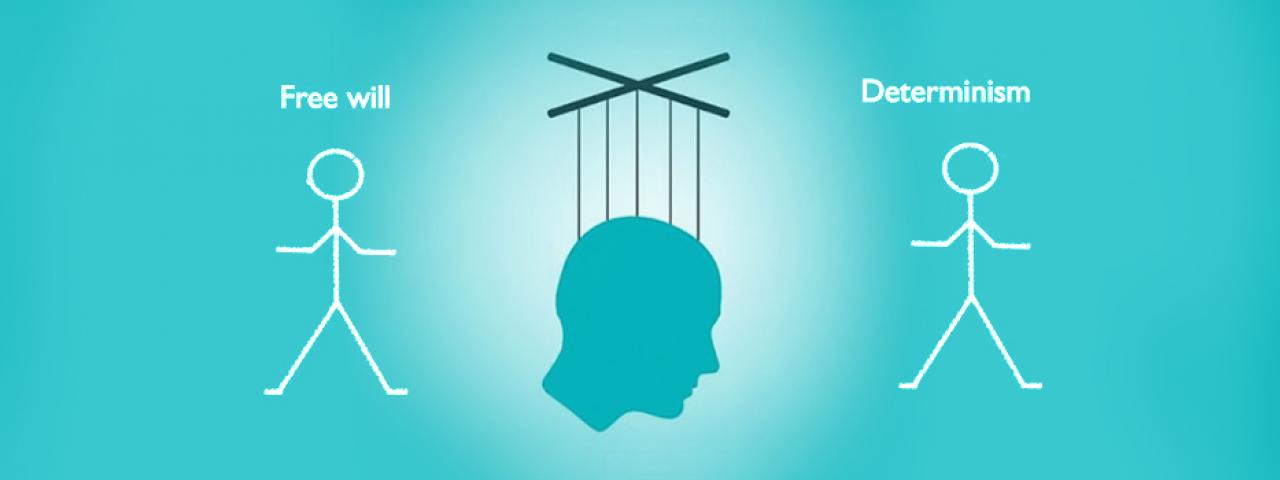
Conclusion
Philosophers have been debating the idea of free will for centuries; some contend that all events are predetermined, while others hold that people have agency over their own acts. Philosophy, religion, and psychology have all given significant consideration to the concept of free will, with many philosophers offering varying opinions on it. Others contend that free will is essential for moral responsibility and personal autonomy, while some contend it is a delusion. Ultimately, one’s unique beliefs and interpretations will determine if free will actually exists.
References
- Do We Have Free Will Or Is Everything Predetermined!, bodylanguagematters.com, Available here
- Do we have free will or are all our decisions predetermined?, newscientist.com, Available here
- Do We Have Free Will or Are We Predetermined?, youtube.com, Available for watching here
- Determinism vs Free Will: Crash Course Philosophy #24, youtube.com, Available for watching here
- Does free will exist, or is every action predetermined?, stoicteacher.medium.com, Available here
- The clockwork universe: is free will an illusion?, theguardian.com, Available here

